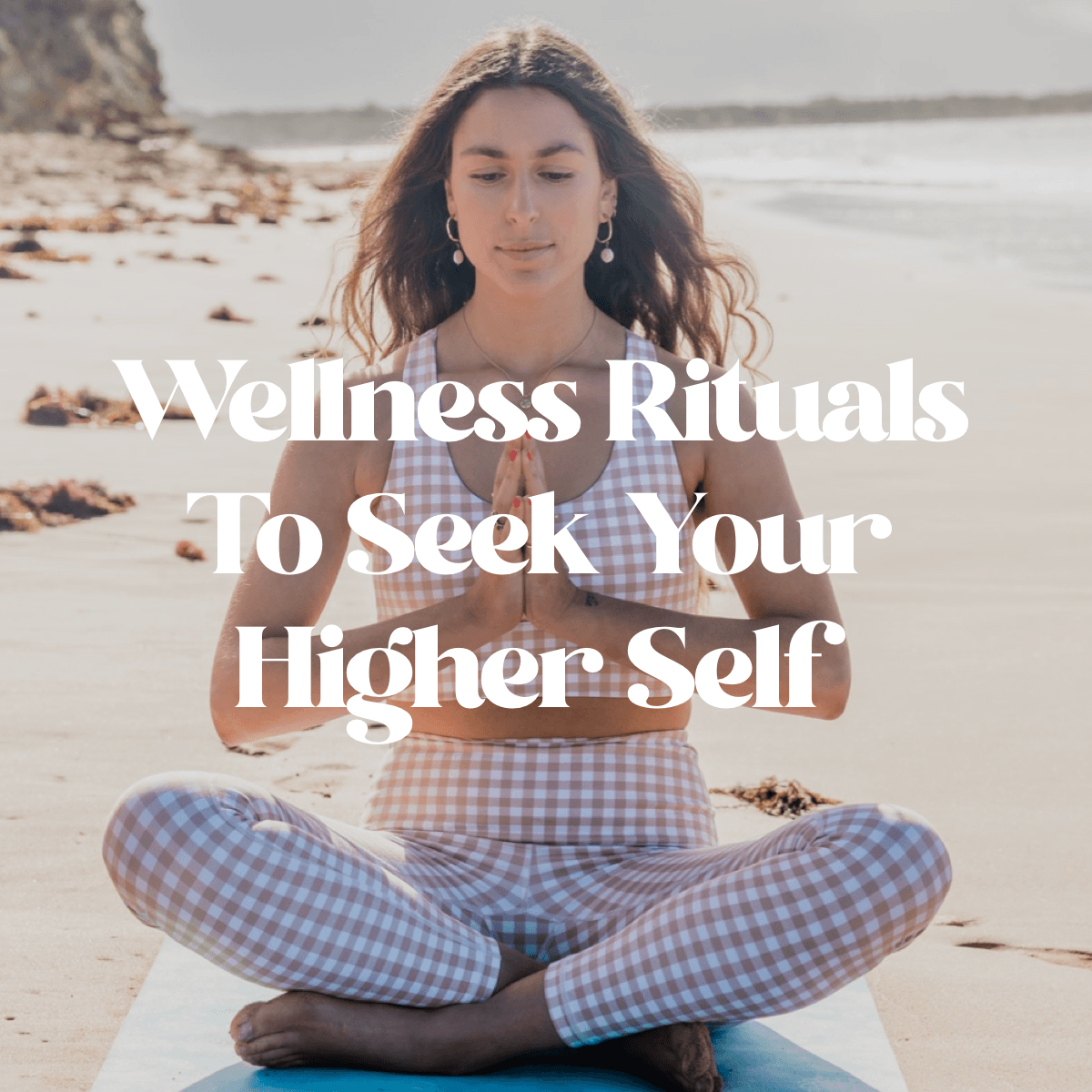Five Strategies for Coping with Anxiety from a Psychologist
During these difficult and uncertain COVID times it can be hard to stay grounded when there is so much unknown. Although we are all in this pandemic together, as individuals we all process the anxiety and worry differently. Sometimes we need to ask for help. So we have asked a professional psychologist Ian McIntosh to share his top 5 Strategies on how to ground yourself and cope with anxiety.
Ian McIntosh is an experienced Psychologist who has been registered psychology for 45 years. Ian is currently working at Head Space and Geelong Grammar as a Psychologist and he is also my wonderful dad!
I always turn to my Dad for strategies when I am feeling overwhelmed and stressed. Recently I had a a time of anxiety where I was working too hard and feeling very stressed. I couldn't get myself together! I felt like I was having out of body experiences, internal body shaking, tingling toes and limbs and a feeling that I wanted to retreat. I had some blood tests that revealed I was healthy with no deficiencies. So I knew it was stress. I asked my Dad for advice and he recommend the best way to deal with this was to remove myself away from the stressors, take some time for me and come back to my home yoga practice. I took his advice and yes, I felt so much better. It took a couple of days to unwind, but certainly meditation, yoga, sleep and healthy eating helped me to regain a sense of self again.
These were my simple yogi steps that helped my anxiety:
Ian McIntosh is an experienced Psychologist who has been registered psychology for 45 years. Ian is currently working at Head Space and Geelong Grammar as a Psychologist and he is also my wonderful dad!
I always turn to my Dad for strategies when I am feeling overwhelmed and stressed. Recently I had a a time of anxiety where I was working too hard and feeling very stressed. I couldn't get myself together! I felt like I was having out of body experiences, internal body shaking, tingling toes and limbs and a feeling that I wanted to retreat. I had some blood tests that revealed I was healthy with no deficiencies. So I knew it was stress. I asked my Dad for advice and he recommend the best way to deal with this was to remove myself away from the stressors, take some time for me and come back to my home yoga practice. I took his advice and yes, I felt so much better. It took a couple of days to unwind, but certainly meditation, yoga, sleep and healthy eating helped me to regain a sense of self again.
These were my simple yogi steps that helped my anxiety:
- Stopped my thought looping and anxious thoughts with meditation.
- I began some conscious eating removing the sugar, meat and gluten where I could.
- Lots of Breathing Techniques and increased my time on my yoga mat.

However, sometimes we need more strategies to cope. Ian has taken the time to explain five strategies that he recommends to cope with this difficult time from a psychological point of view.
Below are 5 strategies that you can use when you need to ground yourself in moments of stress or anxiety.

- A breathing activity such as diaphragmatic breathing. Noticing when you are nasal breathing, the breath being cold on the inhale, and warm when you breathe out. Concentrate on your belly rising and falling and try to breathe through that area. Your diaphragm should be filling with air not your chest. If it helps place a hand on the area to which you are paying attention e.g. chest or diaphragm. Make your exhale breathe longer than the inhale. Try a count of three for the inhale with a count of six on the exhale.

- Body Scan. Start with your toes and notice any tension in your body as you move your awareness to different parts of your body such as toes, legs, thighs, chest , arms, shoulders, neck, and face to the top of your head.

- Visualization. Imagine somewhere you would like to be. It could be a holiday you went on or just somewhere you find peaceful and relaxing and then take yourself there in your mind using all your senses.

- Exercise. Get moving, whether its a 5 minute yoga flow, a quick walk around the block, or 30 x star jumps. This will help you settle your mind and create blood flow.

- Mindfulness activity 5-4-3-2-1. Use yout mind to shift its focus. Try and discover in your environment 5 objects, 4 sounds, 3 textures, 2 smells and 1 taste. Focus on these and shift the thought looping of your worries onto other objects while using your senses.

Need further assistance? There are online or phone-based services like headspace, Kids Helpline or Lifeline – you can access them anonymously and they are free.
We hope these strategies cna be of some help to manage your anxieties. We also have a free download available please click here for a free yoga flow and Meditation Flow.



